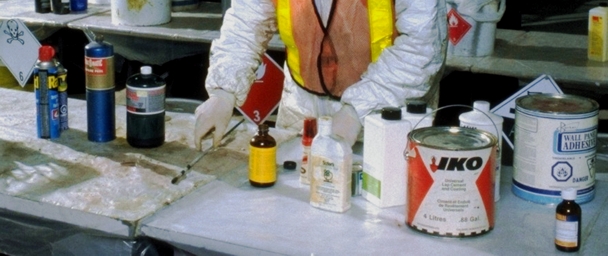Household Hazardous Waste Examples
Household hazardous waste should be taken to an Eco Station for proper disposal, because if not handled properly it can be harmful to people and the environment. This includes items such as:
Automotive
- Motor oil (max container size 20 litres), oil filters
- Car batteries, antifreeze, gas, diesel
- All automotive fluids, rust remover (max container size 20 litres)
Batteries
- All kinds
Chemicals and Cleaners
- Bleach, drain, toilet, oven cleaners, spot removers
- Herbicide, pesticide, fertilizer
- Photo chemicals and glues
Lighting
- All light bulbs, fluorescent tubes/ballasts, lighting fixtures
Paints and Stains
- Paints and stains (including aerosols). Full or empty, max container size 20 litres
Other
- Aerosol cans (empty, full or partially full)
- Caulking, cement powder
- Fire extinguishers, propane tanks or bottles (max 20 lbs)
- Smoke detectors
- Needles and syringes (packaged in a thick screw-top plastic bottle like a laundry-detergent bottle)
* Note: Commercial hazardous waste is not accepted at Eco Stations.

